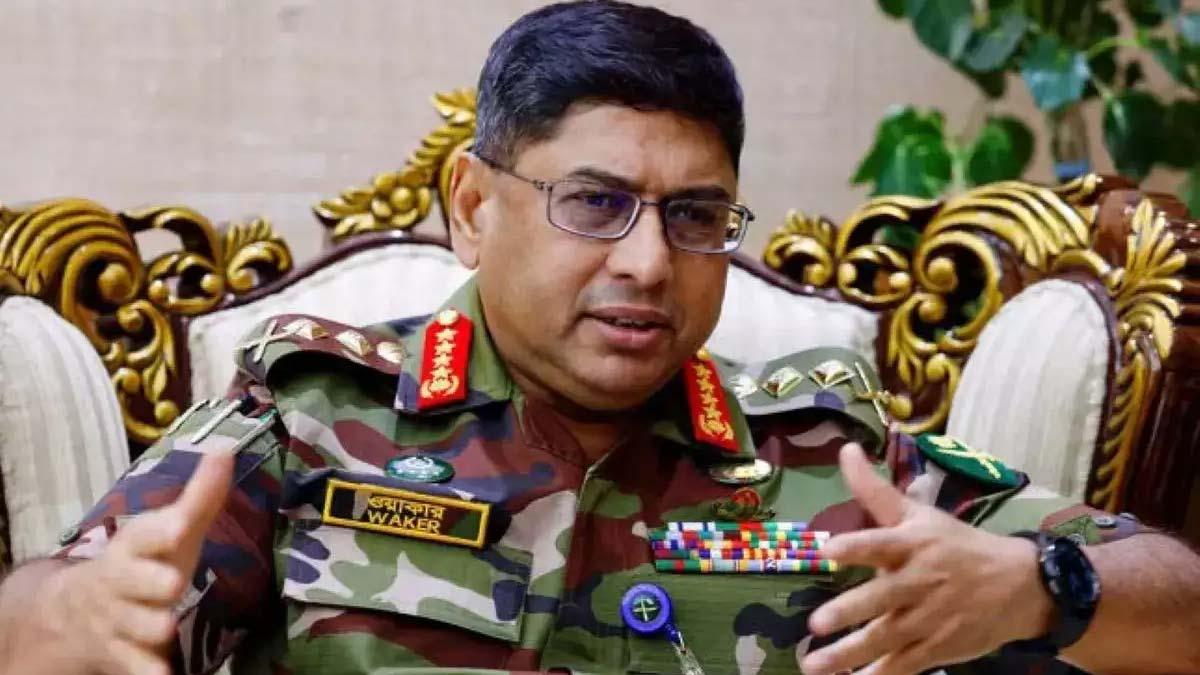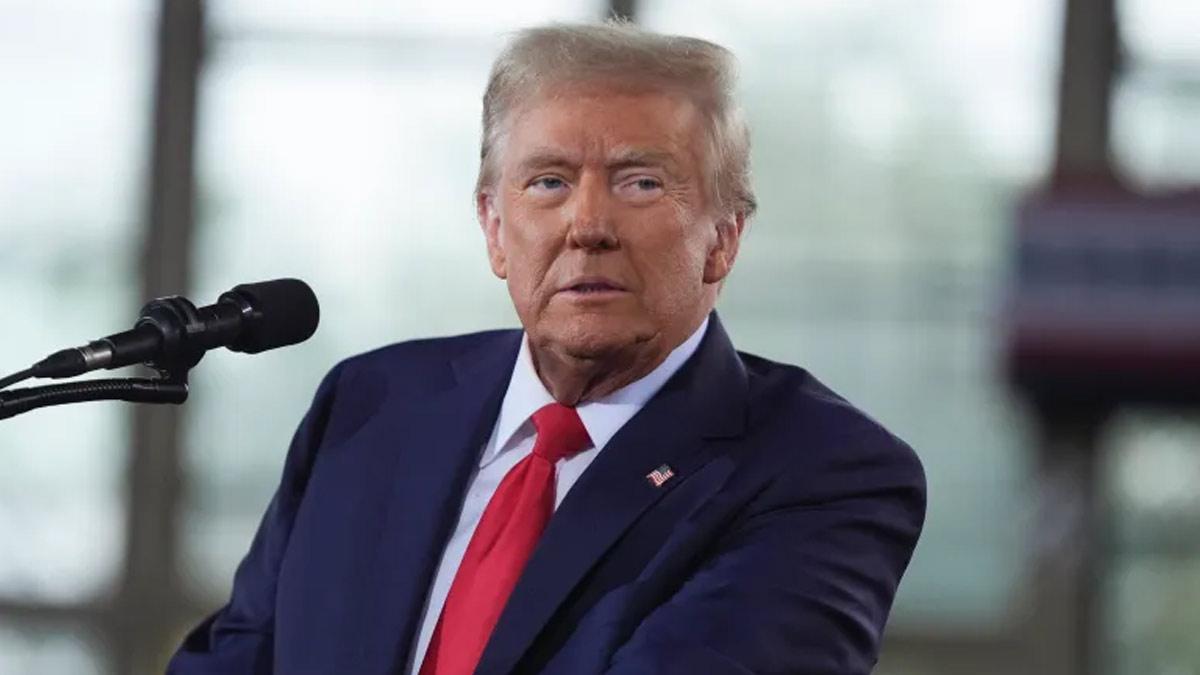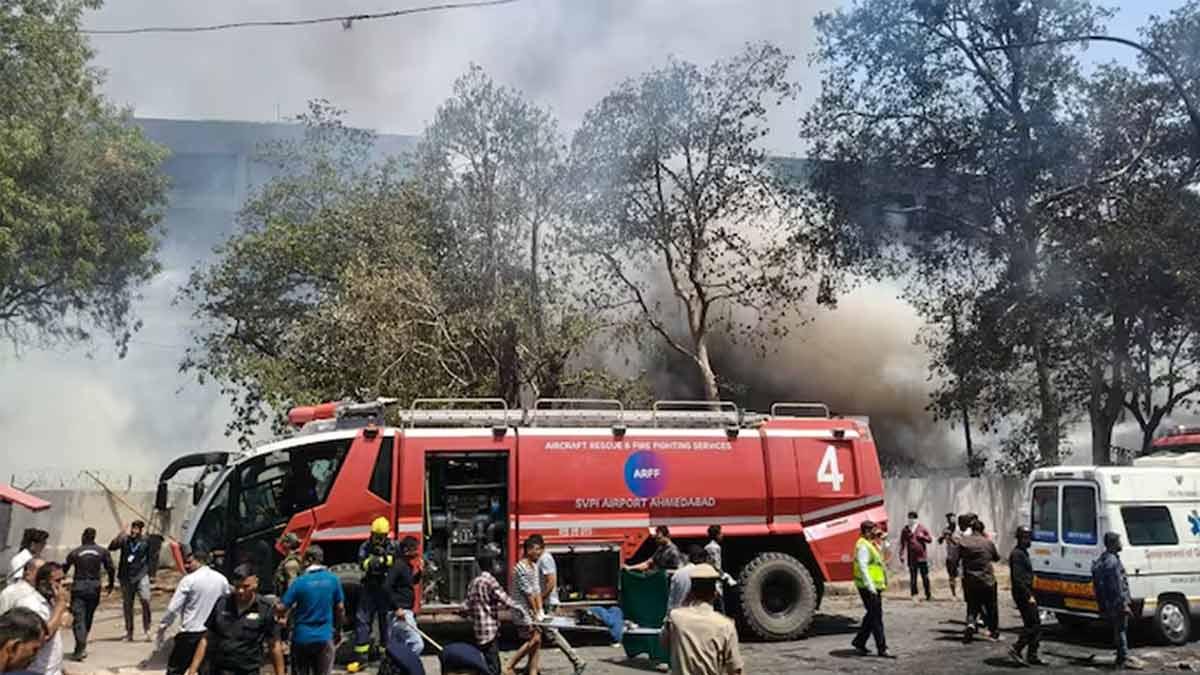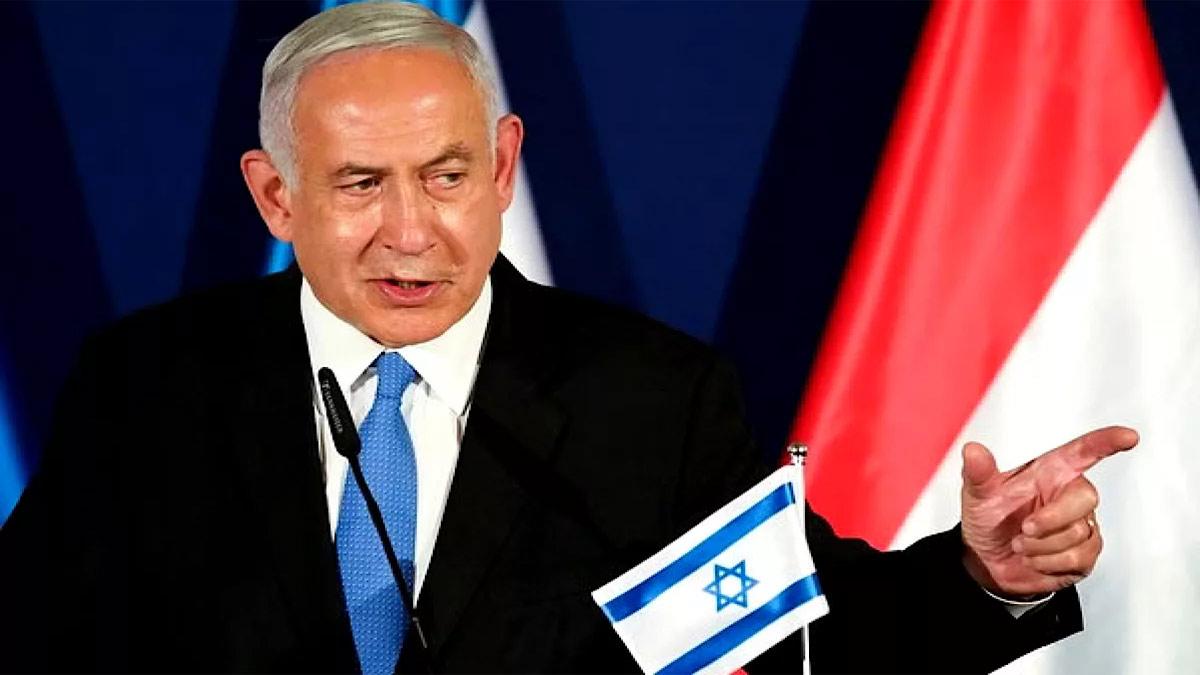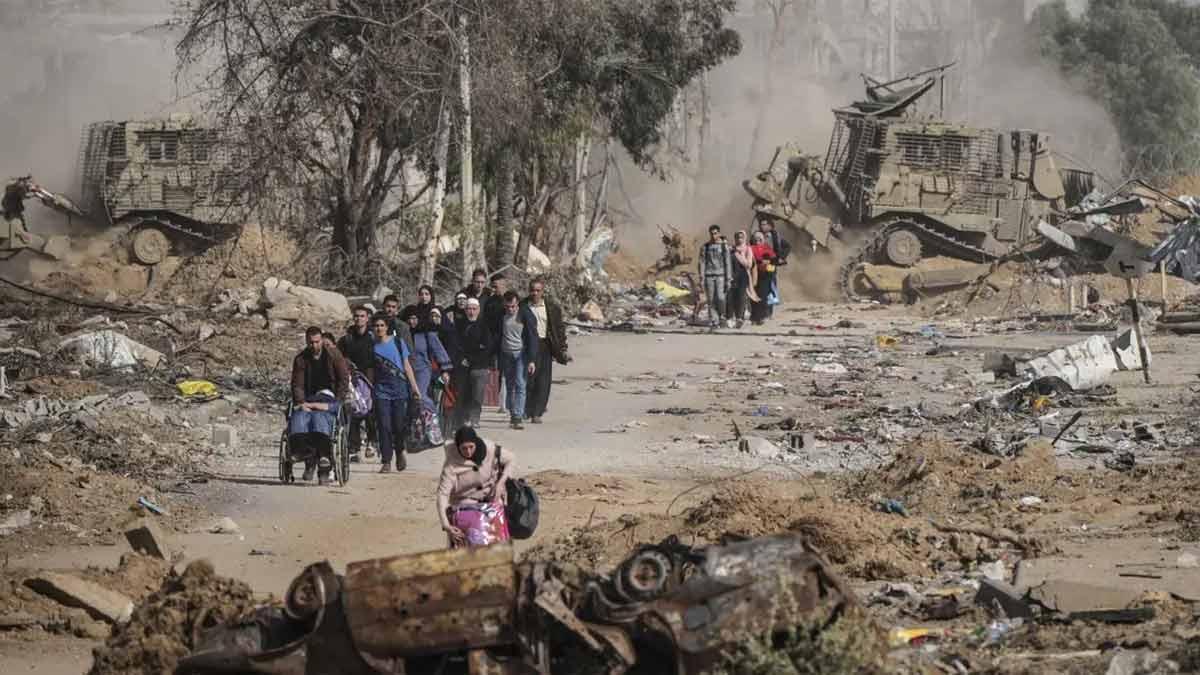Bangladesh Army Chief General Waker-uz-Zaman warned politicians on Tuesday against infighting, stating that it poses a threat to the sovereignty of the country. "I am issuing a warning. You cannot later claim that I did not issue a warning," he said during an event honoring the army officers who lost their lives in the 2009 Pilkhana massacre.
Background: The 2009 Pilkhana Mutiny
On February 25-26, 2009, some army officers, among them the then-director general of the Bangladesh Rifles (BDR), Maj Gen Shakil Ahmed, were brutally murdered in a Pilkhana, Dhaka headquarters mutiny of the paramilitary force. Altogether, 74 bodies were found after the uprising.
Current Crisis and Warnings
General Zaman underscored the prevailing disorder in Bangladesh by saying that criminals were taking advantage of the worsening law and order situation.
"Among the most important reasons for this instability is that we are too busy bickering among ourselves and fomenting strife," he said. He asked Bangladeshis to put national solidarity above conflict.
"If you can't put aside your differences and go on fighting like this, the independence and sovereignty of the country will be jeopardized. I warn you again," he warned, not naming any particular groups.
He further remarked that the recent political instability has enabled miscreants to perform with impunity because major stakeholders were busy blaming each other.
Security Forces' and Military Perspective Role
General Zaman came in defence of Bangladesh law enforcement agencies and asked people not to unfairly fault them for controversies in the past. "Notwithstanding some such actions in the past, they have played a positive role," he asserted.
As an infantry career officer, Zaman also ruled out any personal political aspirations, apparently alluding to Bangladesh's history of military takeovers.
"The military will go back to the barracks when the nation achieves stability. I have no personal ambition. My sole aspiration is to lead the country to a stable position—and then go on vacation," he said.
The Interim Government and Recent Political Upheaval
Bangladesh has been in chaos since August 5, 2024, when a nationwide uprising by the Anti-Discrimination Student Movement brought an end to Prime Minister Sheikh Hasina's 16-year tenure. Economist Muhammad Yunus was named interim government chief.
It was last year when General Zaman, in an interview, said elections would be conducted within 18 months. "We are on that path. Professor Yunus is trying his best to keep us united. Let's support him," he reaffirmed.
Recent Unrest and "Operation Devil Hunt"
The interim government sanctioned the military to take control of policing responsibilities with judicial magisterial power following the uprising which severely degraded the police force.
Security forces have since arrested over 8,600 individuals in a two-week crackdown named "Operation Devil Hunt," targeting gangs allegedly linked to the ousted Hasina government.
Unrest heightened on February 5, when protesters set fire to and destroyed the home of Bangladesh's founding leader Sheikh Mujibur Rahman, marking the day of his daughter Hasina's planned virtual address to Indian students. The protests included widespread attacks on the homes and businesses of Awami League leaders and members.
A UN report of findings stated that police behavior during the uprising and related violence had led to close to 1,400 fatalities.
Adding to the unrest, opposing student groups confronted each other at a university last week, revealing deep fractures in groups that had originally come together to organize the July-August 2024 rebellion.
Growing Crime and Security Issues
The government has been increasingly alarmed by the growth of the crime rate, which has especially doubled in Dhaka since January last year, with robberies.
As political tensions are running high and security forces are struggling to keep order, Bangladesh is going through a critical phase of uncertainty and instability.
Read also| Ending Ukraine War in Russia’s Interest, Says Trump After Meeting Macron

